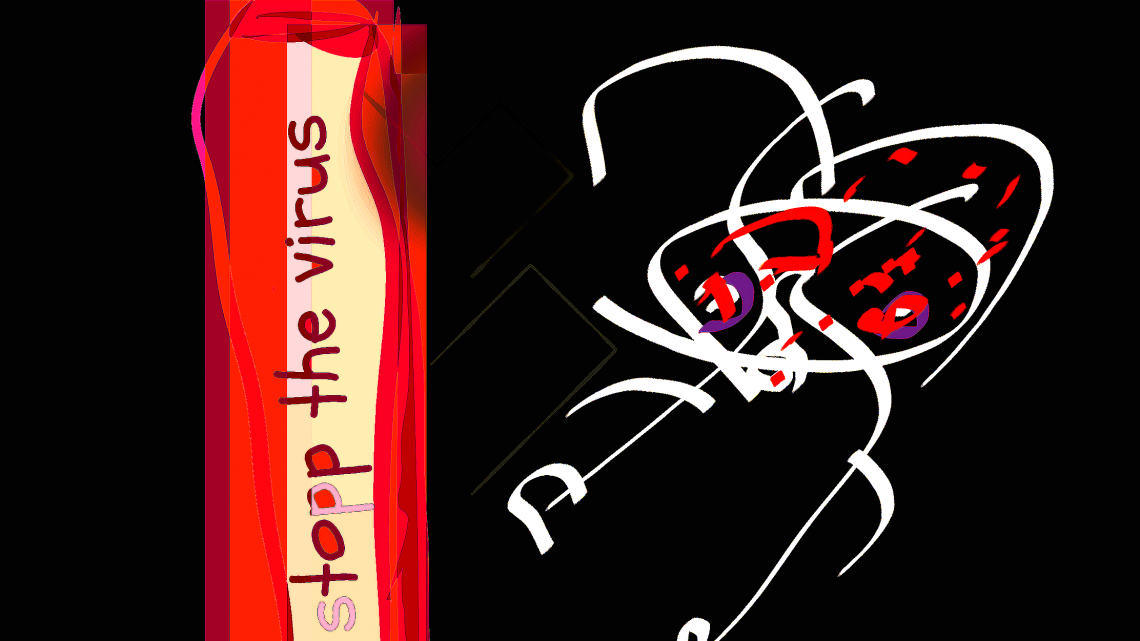
Here are the AI tools and services to combat the coronavirus
24. März 2020Here are the AI tools and services to combat the coronavirus
New York, 24.3.2020
AI tools and services are used or offered by companies around the world to combat the coronavirus pandemic.
In a best-case scenario where virus transmission is massively reduced, researchers at Imperial College London predict that „there would still be in the order of 250,000 deaths in the UK and 1.1-1.2 million in the US“ from coronavirus.
Imperial College London’s analysis landed in Washington over the weekend and is said to be the reason why the US has stepped up its response. British Prime Minister Johnson warned that further measures are likely to be introduced in Britain in the coming days and that a coronavirus law for emergency powers is on its way to the House of Commons.
Similar to wartime, technology and social experiments, which would normally take years or decades to test and implement under normal circumstances, will be in place in a matter of days or weeks.
Some AI assistance
The Chinese supercomputer Tianhe-1 offers doctors around the world free access to an AI diagnostic tool for identifying coronavirus patients based on a chest image. The supercomputer can search through hundreds of images generated by computed tomography (CT) and can make a diagnosis in about 10 seconds.
Alibaba Cloud has introduced a number of AI technologies, including the International Medical Expert Communication Platform on the Alibaba Group’s corporate chat and collaboration application, DingTalk. The platform enables verified medical professionals around the world to share their experiences via online messaging and video conferencing.
Another Alibaba solution estimates the course of a coronavirus outbreak in a given region using a machine learning algorithm based on public data from 31 provinces in China. Within China, it has an accuracy rate of 98 percent.
For researchers and institutions working hard on a vaccine, Alibaba has opened its AI (computational platform) to accelerate data transfer and computation time in areas such as virtual drug screening.
Several of the other leading cloud providers in China – including Baidu and Tencent – have made certain parts of their solutions available to qualified medical personnel free of charge. In the US, Microsoft and Google have done the same.
Last month, scientists at South Korea-based Deargen published a paper with the results of a learning-based model called(MT-DTI), which predicted that, of the available FDA-approved antiviral drugs, the HIV drug atazanavir was most likely to bind and block a prominent protein on the outside of the virus that causes COVID-19. In early studies, coronavirus sufferers have reportedly improved significantly with the use of HIV drugs.
Hong Kong-based Insilico Medicine also published a paper(a paper) in February describing the use of a drug development platform, rather than a re-use of available drugs, that produced tens of thousands of new molecules with the potential to bind a specific SARS CoV-2 protein and block the virus‘ ability to replicate. A deep learning filtering system helped Insilico narrow the list. The company has synthesised two of the seven molecules and plans to test them with a pharmaceutical partner over the next two weeks.
The British AI start-up Benevolent AI has also been actively working to identify approved drugs that could block the viral replication of COVID-19. The company’s AI system examined a large body of medical information to identify six compounds that effectively block a cellular pathway that appears to allow the virus to bring more viral particles into cells. Baricitinib, which is used to treat rheumatoid arthritis, appears to be the most effective against the virus.
The White House has urged the AI experts to analyze a dataset of 29,000 scientific articles on the coronavirus and use them to develop text and data collection techniques to help scientists answer the following key questions about COVID-19:
What is known about transmission, incubation and environmental stability?
What do we know about the risk factors of COVID-19?
What do we know about the genetics, origin and evolution of the virus?
What has been published about ethical and social science considerations?
What do we know about diagnostics and monitoring?
What do we know about non-pharmaceutical interventions?
What has been published about information exchange and intersectoral cooperation?
What do we know about vaccines and therapeutics?
The entire COVID-19 Open Research Dataset (CORD-19) was made available on SemanticScholar (SemanticScholar) and will be updated as new research results are published.
While the global outlook is currently bleak, some of these AI-based tools and developments offer a glimmer of hope that could help us contain the spread of the virus, improve patient treatment, and ultimately defeat the corona virus earlier than would otherwise have been possible.

